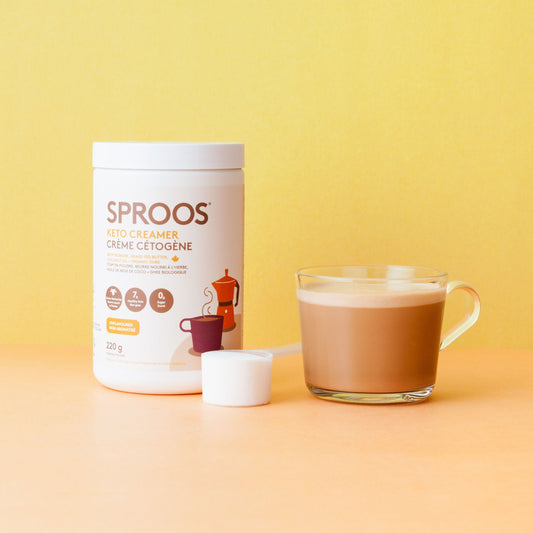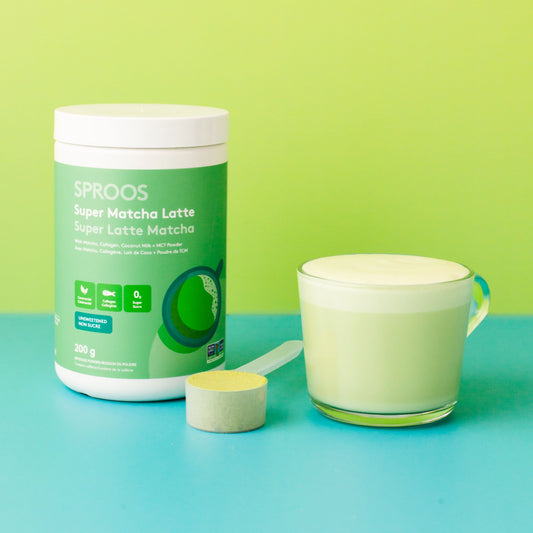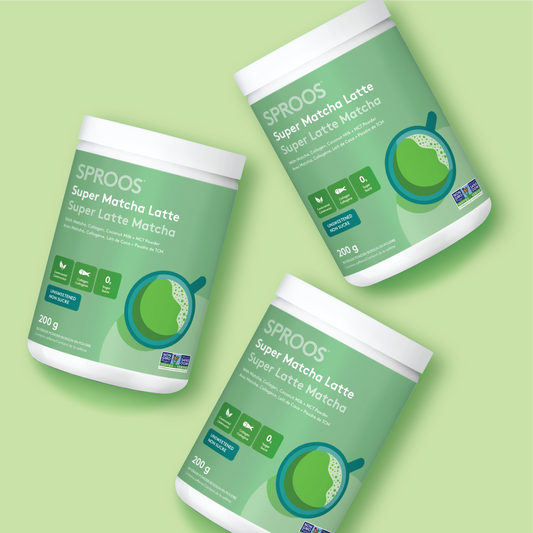Entre les longs trajets, les e-mails professionnels à rattraper et les réunions de famille, la vie peut devenir chargée. Avec tout ce qui se passe, il peut parfois sembler presque impossible d'avoir une bonne nuit de sommeil.
Si vous avez déjà manqué vos précieuses sept heures, vous savez déjà comment vous vous sentirez le lendemain. La fatigue, l'irritabilité et le manque de concentration s'installent presque immédiatement. Souvent négligé, un sommeil de qualité constante est crucial pour une bonne santé. Nous savons que nous devons aller au lit, nous détendre et sombrer dans le pays des rêves avant de nous réveiller prêts à affronter la journée. Mais parfois, c'est plus facile à dire qu'à faire.
Dans cet article, nous vous montrons pourquoi vous devez accumuler ces heures de sommeil profond et des méthodes scientifiquement prouvées pour mieux dormir la nuit.
Pourquoi le sommeil est-il si important pour votre santé ?
Nous savons tous que le sommeil est important, mais pourquoi ? Une bonne nuit de sommeil est aussi essentielle qu'une alimentation saine et un exercice régulier. Malheureusement, les gens dorment moins qu'avant et la qualité du sommeil a également diminué. Selon Statistique Canada, un Canadien sur trois ne respecte pas les sept à neuf heures de sommeil recommandées par nuit.
Vous avez probablement déjà vécu une nuit blanche à un moment ou un autre. Un mauvais sommeil affecte bien plus que ce que vous pourriez penser. Oui, il peut être difficile de se concentrer et les tâches simples peuvent sembler extrêmement difficiles, mais cela va plus loin.
Un mauvais sommeil est fortement lié à la prise de poids et à une consommation accrue de calories. Une courte durée de sommeil est en fait l'un des plus grands facteurs de risque d'obésité. Une revue approfondie a examiné à la fois les enfants et les adultes ayant une courte durée de sommeil. Les chercheurs ont trouvé que les enfants et les adultes avaient respectivement 89 % et 55 % plus de chances de devenir en surpoids. Une bonne nuit de sommeil améliore votre concentration, votre productivité et votre fonction immunitaire. Même une petite perte de sommeil a été démontrée pour affaiblir le système immunitaire. Une grande étude de deux semaines a révélé que ceux qui dormaient moins de sept heures par nuit étaient trois fois plus susceptibles de développer un rhume.
Un sommeil interrompu et de mauvaise qualité peut également jouer un rôle dans les cas suivants :
- Augmentation du risque de diabète, de maladies cardiaques et d'accidents vasculaires cérébraux
- Impact sur la performance sportive
- Augmentation de l'inflammation
- Influence sur les interactions sociales et les émotions
Pourquoi ne dormez-vous pas bien ?
Il pourrait y avoir de nombreuses raisons pour lesquelles vous ne dormez pas bien. Vous connaissez peut-être déjà les coupables, amateurs de café à 17 heures, je vous regarde. Si vous pensez souffrir d'un trouble du sommeil, éliminez cette possibilité en premier. Ensuite, commencez à aborder d'autres facteurs sur lesquels vous avez du contrôle.Caféine tardive
Nous savons tous qu'une tasse de café au coucher est une mauvaise idée. La caféine a une demi-vie de cinq heures. Cela signifie qu'après ce temps, seule la moitié de la caféine a été éliminée de votre corps. Ainsi, la moitié de la caféine est encore présente dans votre corps lorsque vous essayez de vous endormir profondément. Essayez de limiter votre consommation à moins de 400 mg par jour et évitez la caféine après le déjeuner.Électronique
Que ce soit la télévision, votre téléphone ou votre ordinateur portable, trop de temps d'écran avant le coucher peut affecter la qualité de votre sommeil. La lumière bleue émise par les écrans supprime la production de l'hormone, la mélatonine. C'est l'hormone qui aide à réguler votre cycle veille-sommeil ou rythme circadien. Ce n'est pas seulement votre téléphone et une tasse de café qui sont en cause, voici huit raisons pour lesquelles vous pourriez avoir du mal à dormir :- Stress et inquiétude
- Mauvaise alimentation
- Nicotine
- Manque d'exercice régulier
- Repas copieux avant le coucher
- Mauvaise température de la chambre
- Exercice nocturne
- Alcool avant le coucher






















